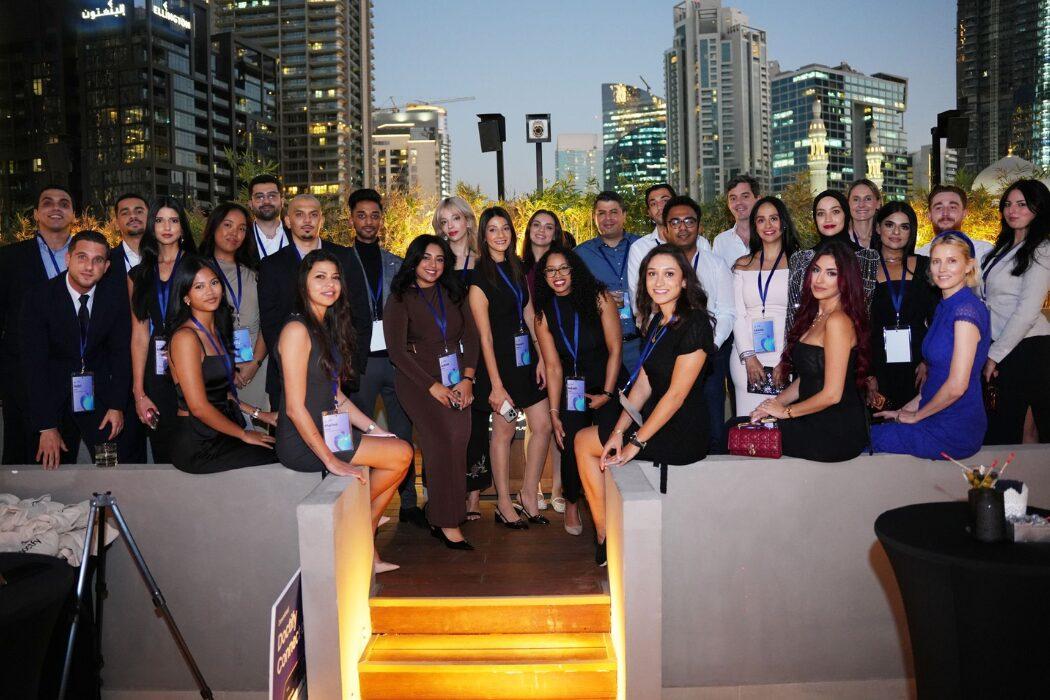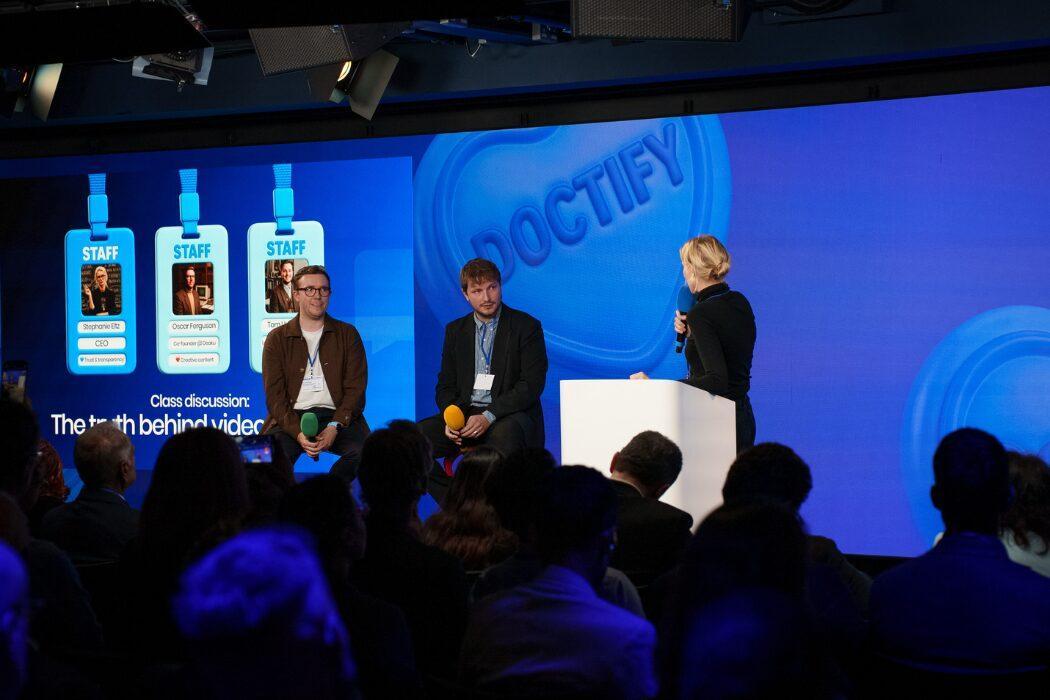In around 2004 the United Arab Emirates began a process that has transformed the entire region into one of the planet’s best destinations for emergency medical treatment, a national speciality. It has an international reputation for emergency treatment excellence, a place packed with beautiful, large new emergency departments in government hospitals, many of which also act as regional trauma centres staffed by surgically-trained physicians and board-certified emergency consultants. In fact the hospitals in the UAE have a superb international reputation for a wide range of conditions, illnesses and treatments. Here’s why the UAE is such a popular medical tourism hub for emergency care… and a whole lot more.
A focus on emergency healthcare in the UAE
Back in 1970 the UAE had only seven public hospitals. Now there are around forty. Half of the 60 private hospitals in the region were built during the past 20 years and new hospitals are built regularly. There are hundreds of government-run primary health care centres and healthcare is decentralised, with each Emirate having its own health authority tasked with making local decisions. In 2007 Dubai’s Department of Health and Medical Services was restructured into the Dubai Health Authority, designed to oversee a fully-integrated health care system.
These days the UAE collaborates widely with international institutions like Johns Hopkins Medicine International, which runs the popular Al Rahba and Corniche Hospitals in Abu Dhabi and the Tawam Hospital in Al Ain. The Cleveland Clinic manages Sheikh Khalifa Medical City in Abu Dhabi state-of-the-art facilities staffed by overseas organisations are popping up all over the place. Dubai’s Healthcare City, for example, was created with the support of international affiliates like the Dubai Harvard Foundation for Medical Research, Boston University Postgraduate Dental Training Program, and Moorfields Eye Hospital in London.
In 2012 a group of emergency physicians started the Emirates Society of Emergency Medicine, dedicated to developing and maintaining the best standards of emergency medicine, operating as the body connecting emergency medicine providers across the region, promoting collaboration and driving new medical research. No wonder emergency medicine’s progress in the UAE has been recognised internationally as a world leader in emergency medicine training and practice.
The UAE’s emergency departments are staffed mostly by expat physicians trained in medicine or surgery, along with top performing residents, house officers and interns, and medical students. Some are emergency medicine physicians with western qualifications or board certification, and most emergency nurses and technicians are also expats, many from the Philippines and India.
Medical tourism in the UAE
Medical tourism in the UAE is about much more than emergency services, although it’s good to know that their medical emergency system is world-class. Right now the UAE is still a relatively new kid on the block, but it has already built an exceptional global reputation. Egypt sat at the top of the list of the Arab world’s medical tourism scene in the ’60s and ’70s, then Jordan took over in the ’80s. Now it’s the UAE’s turn thanks to considerable government investment in healthcare.
Previously in the UAE one of the biggest costs for the government was the cost of treatment abroad. Then those in power decided to act and eliminate the issue by creating a healthy medical tourism industry, developing a new healthcare sector and supporting it with legislation, policies and infrastructure. Now the UAE medical tourism industry is a huge success, a global hub for medical tourists and a popular destination for overseas patients looking for top-class services. This has involved creating a growing number of prestigious partnerships to deliver advanced Western healthcare tech, practices and standards.
The magnificent Dubai Healthcare City, for example, covers an impressive 20 million or more square feet and attracts major international corporations and institutions in various fields, for example, pharmaceuticals. The official prediction is that, by the year 2020, Dubai alone will have more than 30 pharmaceutical and medical equipment manufacturing facilities.
A blend of excellent human resources and a high tech, wholly contemporary medical and healthcare infrastructure means the doctors who operate in the region come from all over the world, the best there are. The standard of the equipment, technology, research and development and treatment are particularly high.
Medical tourism is growing fast in the UAE
One reason why medical tourism is increasing so quickly is mainly down to fast-rising healthcare costs in Western countries. As a result, medical tourism has a current annual growth rate of 15-20%. Abu Dhabi’s Department of Culture and Tourism has signed a memorandum of understanding with the Medical Tourism Association, a non-profit organisation that helps healthcare providers and governments build winning medical tourism programmes. Both are promoting Abu Dhabi as a medical tourism destination, with the goal of becoming the region’s leading choice.
The World Medical Tourism and Global Healthcare Congress takes place in Abu Dhabi next year, an event hundreds of experts from more than 100 nations will attend. The Emirate has already partnered with the Department of Health and the Department of Culture and Tourism, and there’s a massive worldwide marketing campaign on the cards to establish the city as a centre for medical tourism. The location is already a leading light in treatment for open-heart surgery and cancer, and officials are working to create special packages that allow patients’ families to accompany them. In 2016 alone the city saw 326,649 medical tourists treated, almost 10% up from 2015.
Last but not least, a convenient location means the UAE is only an eight-hour flight away from two-thirds of the world’s population. No wonder, as Arabian Business says:
“2019 will see a further increase in tourists to the country, for both leisure and medical purposes. While retaining its image as one of the world’s most premier luxury destinations, the UAE is now also attracting tourists from a wider range of countries at different economic levels. The ever-improving air connectivity and infrastructural developments, combined with the UAE’s popularity as a regional healthcare destination have been responsible for attracting tourists of all kinds.”
In future, the UAE fully expects to see a significant rise in the number of visitors seeking treatments for everything from simple surgery to specialised dentistry, physical therapy, rehabilitation, major surgery, cosmetic surgery and more. And that will bring a laser focus on AI tech, patient-centric services, and precision medicine.
If you want to access advanced healthcare facilities and world-class doctors, the UAE is an ever-more attractive place to get great treatment at an affordable price.




